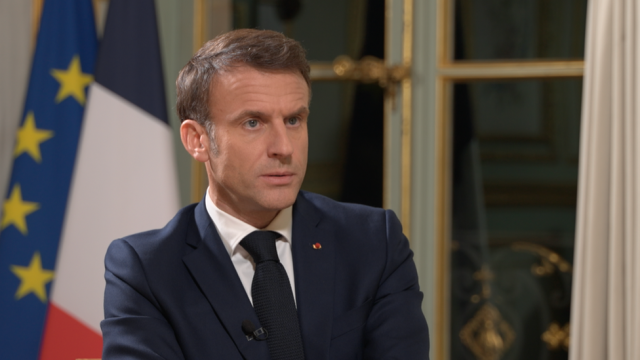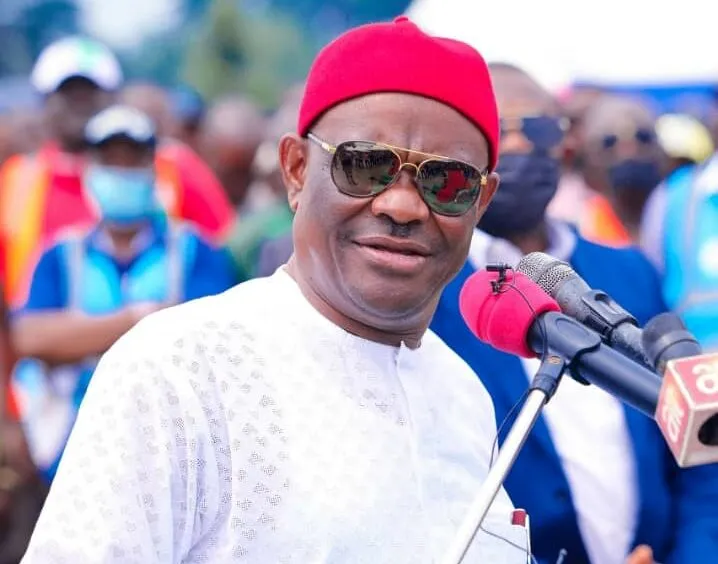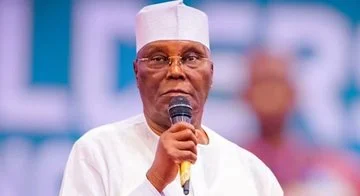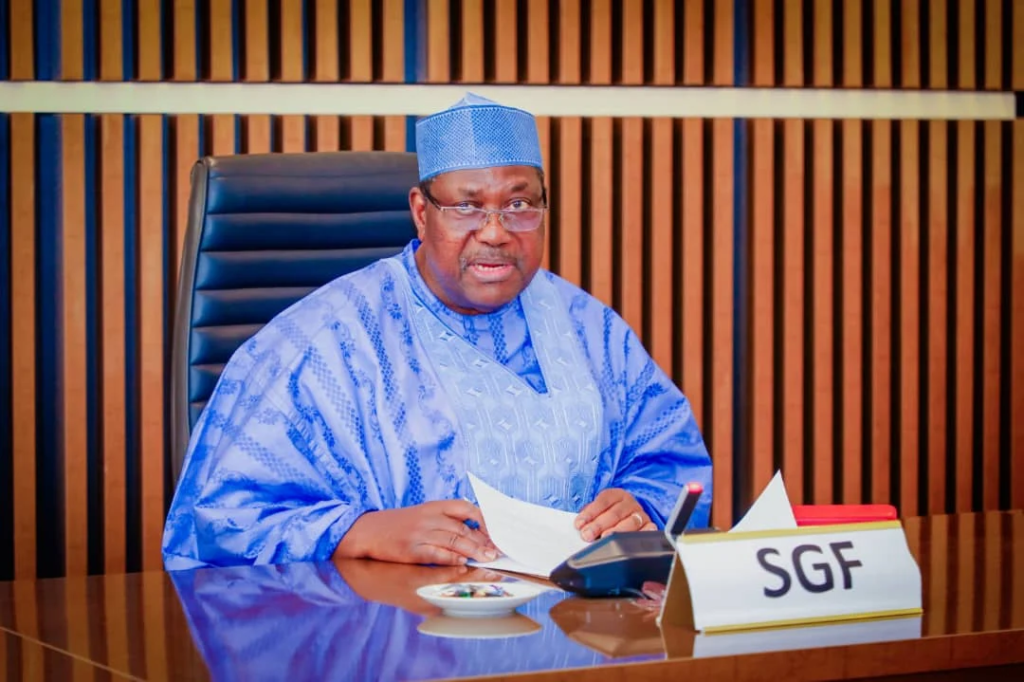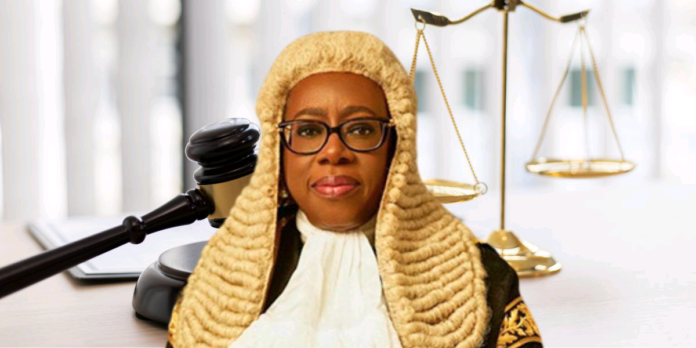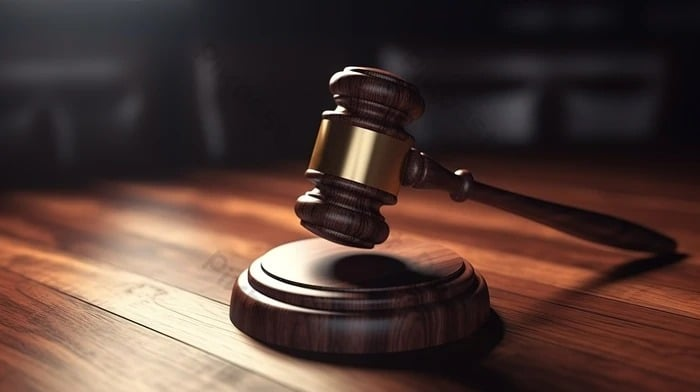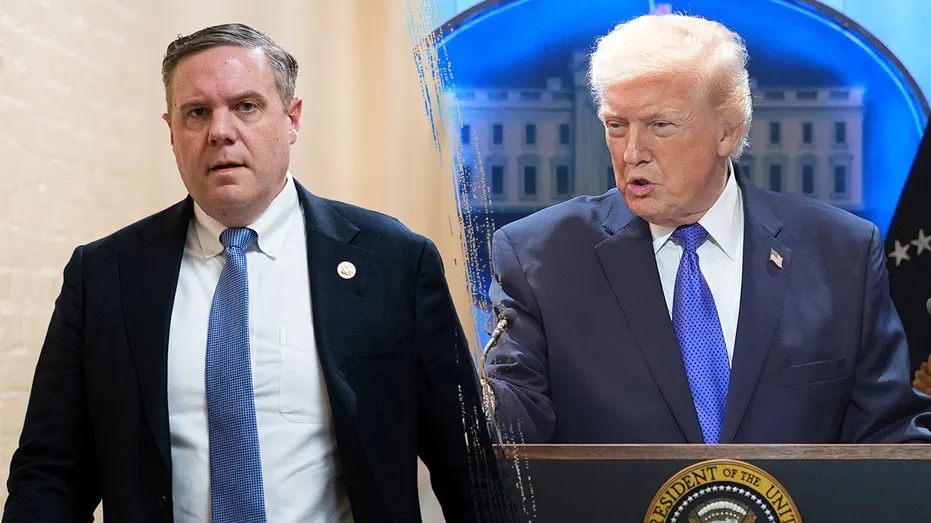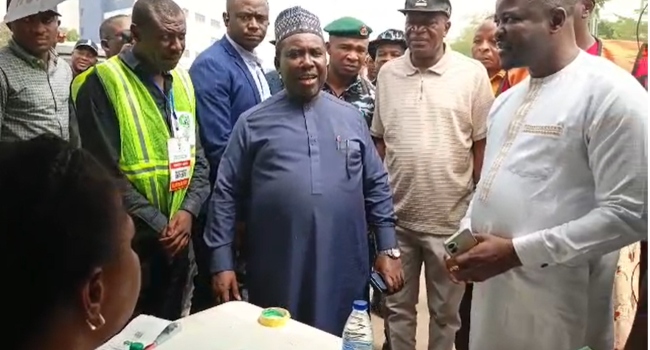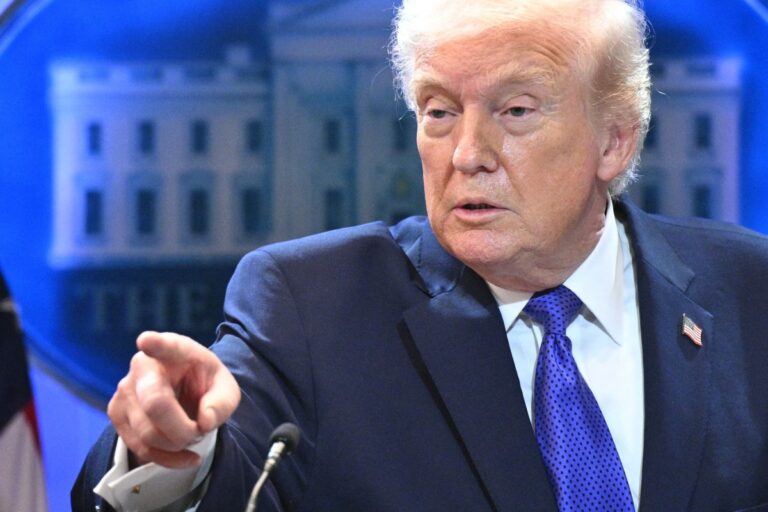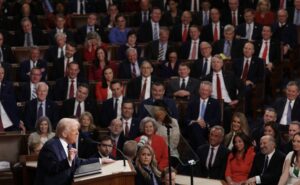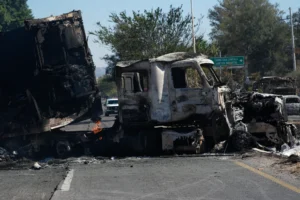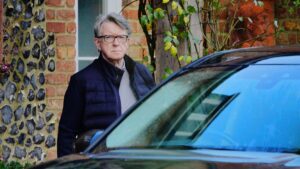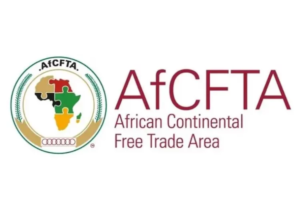Israel must stop killing babies and women in Gaza, French President Emmanuel Macron has told the BBC.
In an exclusive interview at the Élysée Palace, he said there was “no justification” for the bombing, saying a ceasefire would benefit Israel.
While recognising Israel’s right to protect itself, “we do urge them to stop this bombing” in Gaza, he said.
But he also stressed that France “clearly condemns” the “terrorist” actions of Hamas.
France – like Israel, the US, the UK, and other Western nations – considers Hamas a terrorist organisation.
When asked if he wanted other leaders – including in the US and the UK – to join his calls for a ceasefire, he replied: “I hope they will.”
After a month of Israeli bombardment and nearly two weeks after Israel launched a major ground offensive into the territory, Gaza’s Hamas-run health ministry said on Friday that 11,078 people had been killed, while 1.5 million had fled their homes.
Israel says it attacks military targets in line with international law and takes steps to reduce civilian casualties, like issuing warnings ahead of strikes and calling on people to evacuate.
Speaking the day after a humanitarian aid conference in Paris about the war in Gaza, Mr Macron said the “clear conclusion” of all governments and agencies present at that summit was “that there is no other solution than first a humanitarian pause, going to a ceasefire, which will allow [us] to protect… all civilians having nothing to do with terrorists”.
“De facto – today, civilians are bombed – de facto. These babies, these ladies, these old people are bombed and killed. So there is no reason for that and no legitimacy. So we do urge Israel to stop.”
He said it was not his role to judge whether international law had been broken.
‘We share Israel’s pain’
Israel’s Prime Minister Benjamin Netanyahu responded quickly to Mr Macron’s comments, saying nations should condemn Hamas, not Israel.
“The crimes that Hamas [is] committing today in Gaza will be committed tomorrow in Paris, New York and anywhere in the world,” a statement from Mr Netanyahu’s office read.
In a wide-ranging interview at the end of the first day of an annual Paris Peace Forum, President Macron also discussed:
- Fears of violence spilling over from the Middle East into France, urging citizens of all faiths to be “united against antisemitism”
- Russia’s invasion of Ukraine, saying it was France’s “duty” to help Ukraine – but suggesting there may come a time for “fair and good negotiations” with Moscow
- Extremism online, saying Facebook’s parent company Meta and Google “just don’t deliver” on moderation
- And the dangers of climate change, saying it was pushing people around the world toward “terrorism”.
Starting by discussing Gaza, Mr Macron said France “clearly condemns” Hamas’s attacks on Israel on 7 October which sparked the war. Hamas gunmen killed about 1,200 people and took 240 others hostage in its unprecedented cross-border assault it launched that day.
“We do share [Israel’s] pain. And we do share their willingness to get rid of terrorism. We know what terrorism means in France.” But he said there was “no justification” for the ongoing bombing of civilians in Gaza.
“It’s extremely important for all of us because of our principles, because we are democracies. It’s important for the mid-to-long run as well for the security of Israel itself, to recognise that all lives matter.”
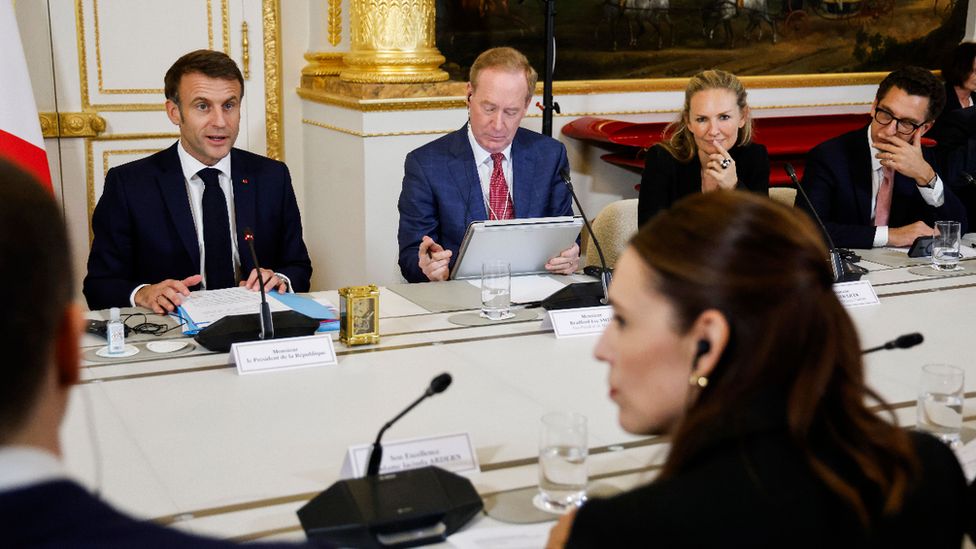
When asked, he refused to say that Israel had broken international law in Gaza. “I’m not a judge. I’m a head of state,” he said, adding it would not be right to criticise Israel in this way – “a partner and a friend” – just a month after it was attacked.
But Mr Macron said he disagreed that the best way for Israel to “protect [itself] is having a large bombing of Gaza”, saying it was creating “resentment and bad feelings” in the region that would prolong the conflict.
Israel has said it will start daily four-hour military pauses in parts of northern Gaza as it continues its offensive. Its defence minister however stressed the pauses would be “localised” and would “not detract from the war fighting”.
Condemn antisemitism ‘without ambiguity’
Ahead of a march against antisemitism on Sunday which a large section of France’s political class will attend, President Macron called on all French citizens to condemn antisemitic acts “without ambiguity”.
He said France had probably Europe’s biggest Muslim community and a big Jewish community too, and with France and the rest of Europe seeing a big rise in antisemitism, all French citizens had to be united against antisemitism, and had to “share the pain or the compassion of Palestinians”.
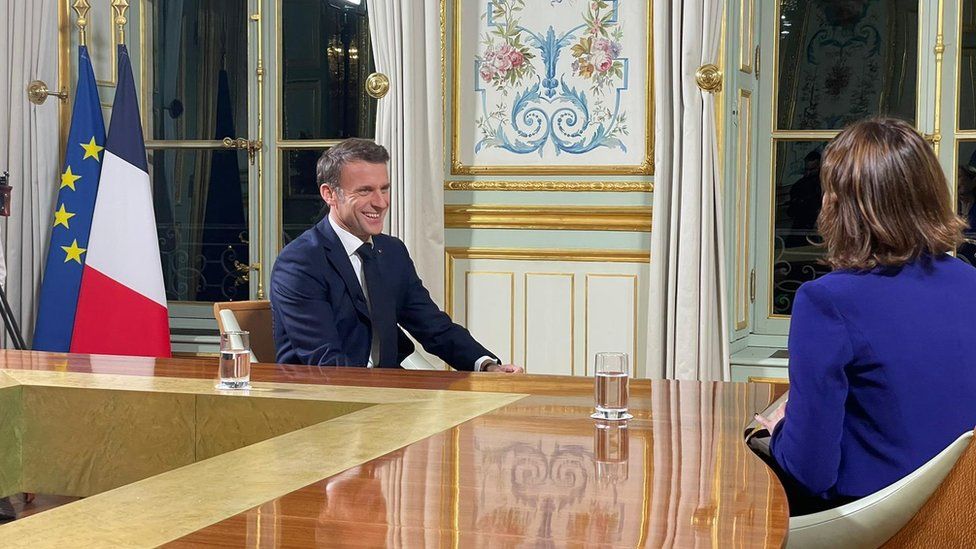
Mr Macron then moved on to other global issues, including Russia’s full-scale invasion of Ukraine.
He said if Russia were allowed to win its war, “you will have a new imperial power” in Europe, that could threaten other former Soviet states like Georgia and Kazakhstan, as well as the whole continent.
“Because, definitely, it’s imperialism and colonialism that Russia is doing [in Ukraine],” he said.
The French president said it was the “duty” of his country and all countries to support Ukraine in its defence. But he also said the next month would be critical, as it struggles to retake lost land in counteroffensive operations.
He said it was “not yet” time for Ukraine to come to the table, and stressed the decision to negotiate was Kyiv’s alone. But he added there may come a time to “have fair and good negotiations, and to come back to the table and find a solution with Russia”.
Mr Macron also discussed online extremism – a key topic at the Paris Peace Forum. He singled out Facebook’s parent company Meta and Google, saying the companies “simply don’t deliver” on promises they made to moderate hate speech on their platforms.
He said many online platforms lacked sufficient moderators for French language content, calling it a “shame”, and promising to “push them” on the issue – although he said TikTok had improved the number of moderators for its French language content.
And he said that climate change was causing terrorism in parts of the world, specifically mentioning the effects of global warming in lower water levels at Lake Chad in West Africa.
“As a consequence of climate change, a lot of families living as fishermen [suffered]… A lot of species just disappeared. And it created politics [that] pushed a lot of people to terrorism.”
But when asked if he ever felt depressed by the sheer number of issues facing the world, Mr Macron said he saw it as “a chance and an honour to have responsibilities [as head of state]”.
“We need international cooperation [to tackle global issues]… This is a unique chance.”
BBC

